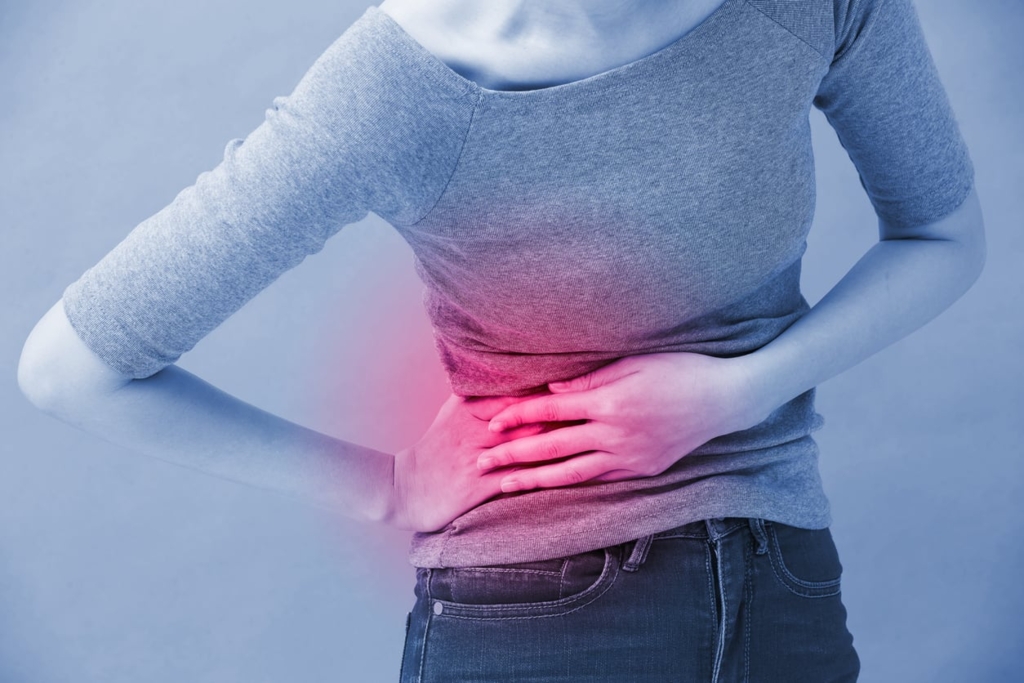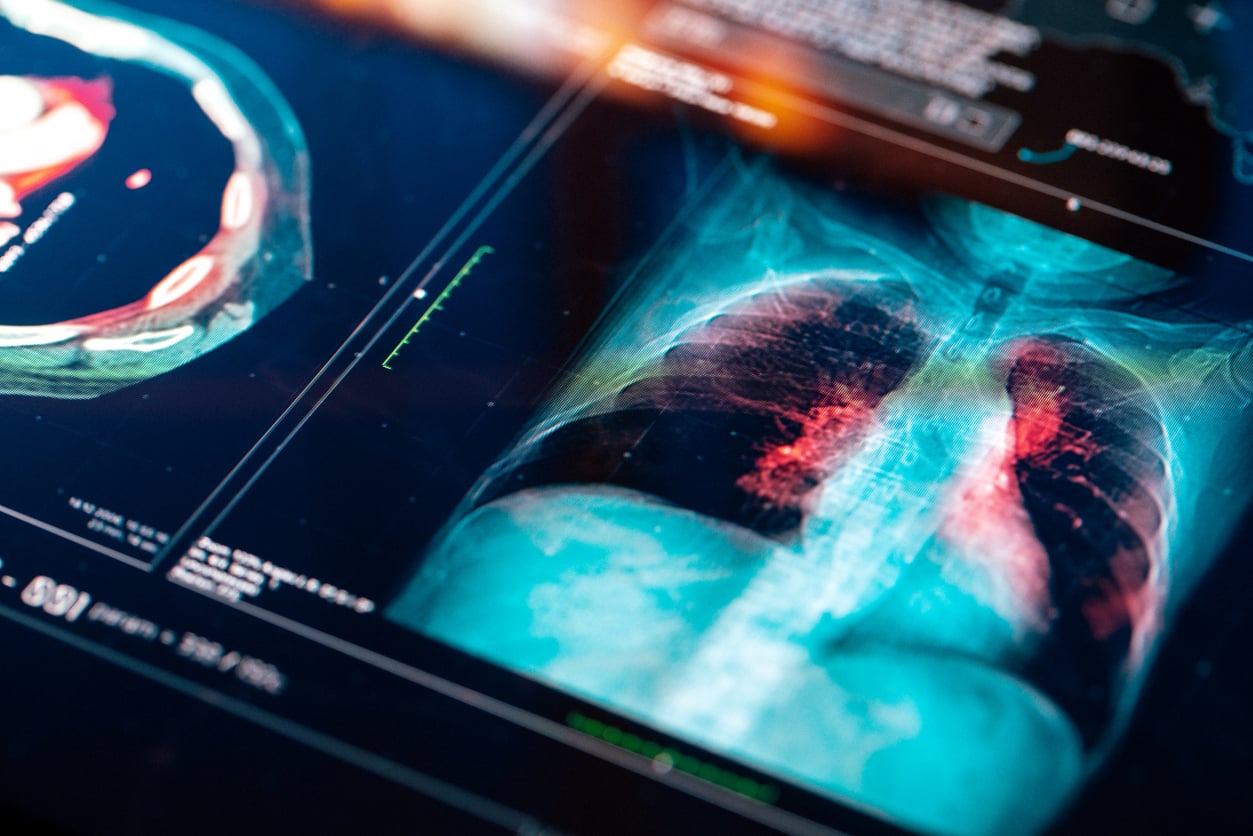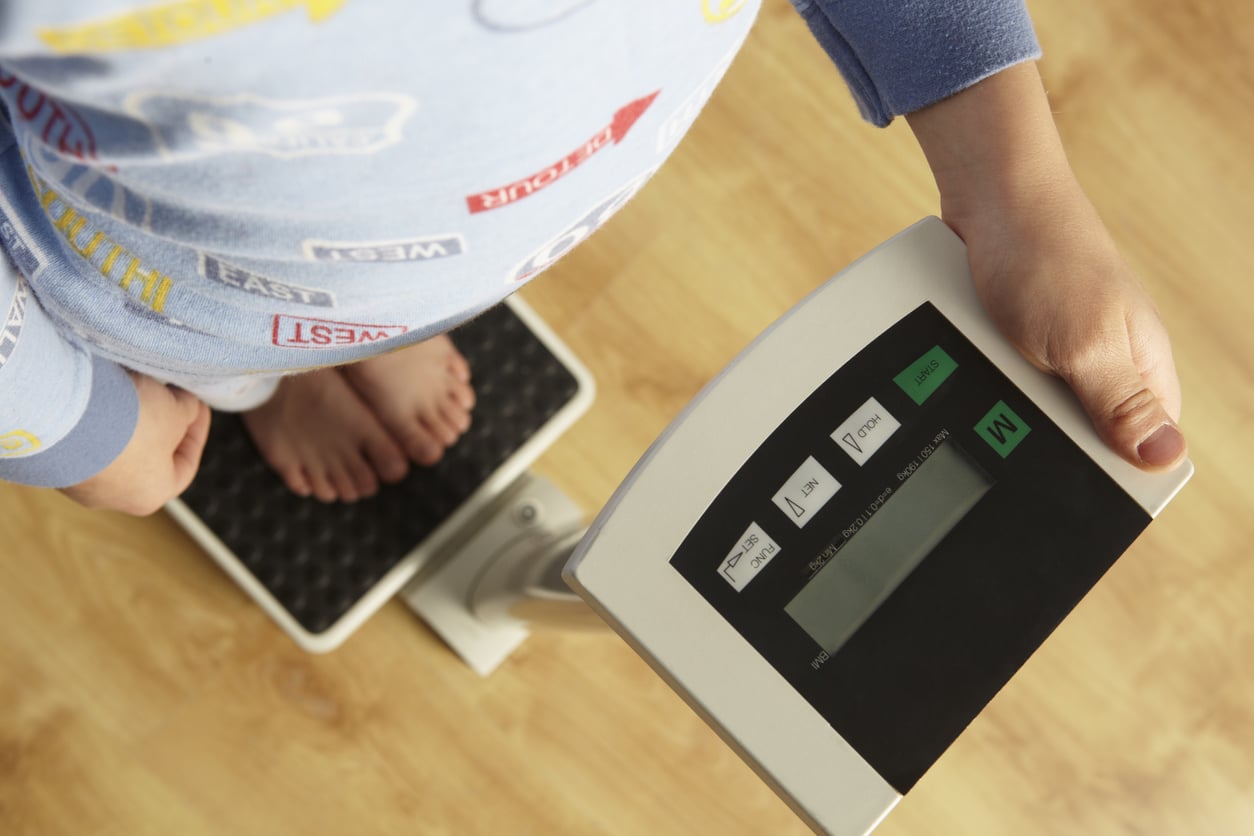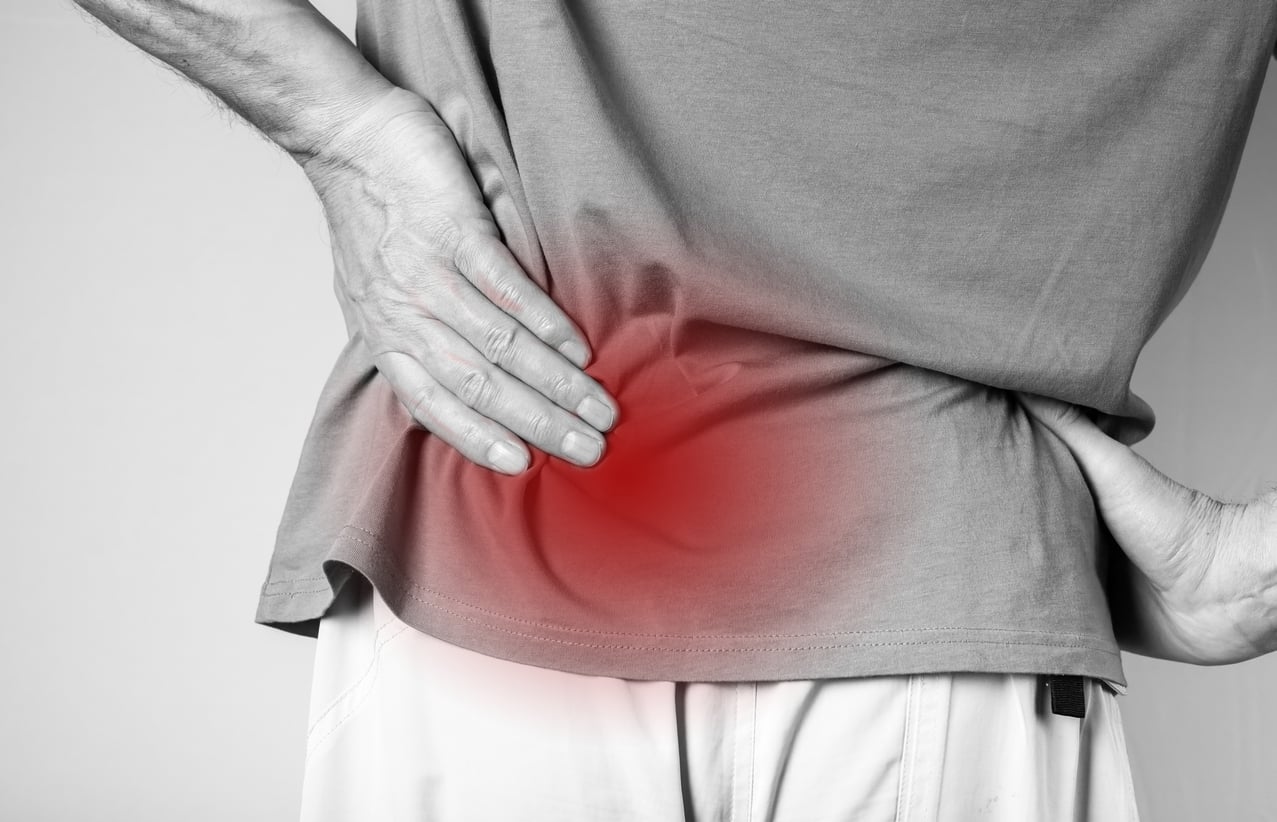Symptoms of Liver Damage You Need to Know

One of the most vital organs in your body is your liver. It's in charge of cleansing your blood, digesting meal nutrients, and creating bile to aid fat digestion. Damage to your liver might result in a range of health complications. We'll go over 10 indicators of liver impairment that you should be aware of in this blog post!
Loss of Appetite
One of the first symptoms that something may be wrong with your liver is a loss of appetite. Normally, your liver produces a substance called bile. Bile helps you to digest food and absorb nutrients. When your liver is damaged, it doesn't work as well and can't produce enough bile. This can lead to a loss of appetite. Loss of appetite can also be caused by thebuildup of toxins in your bloodstream. When your liver is damaged, it can't remove toxins from your blood as effectively. These toxins can build up and make you feel nauseous, which can lead to a loss of appetite. If you have a loss of appetite, it's important to see a doctor so they can check for liver damage. Loss of appetite is often one of the earliest signs of liver damage, so it's important to catch it early.
Tenderness in the Abdomen
Abdominal tenderness is a common symptom of liver disease. The liver is placed immediately below the ribs in the upper right side of the abdomen. The liver is a huge organ that filters poisons from the blood, stores nutrients, and produces bile. When the liver is injured, it loses its ability to execute these activities. Toxins can build up in the bloodstream as a result, and nutrients may not be absorbed effectively. One of the first signs of liver disease is tenderness in the abdomen.
Jaundice
Jaundice is a common symptom of liver damage. Jaundice occurs when the liver is unable to process bilirubin, a yellow pigment that is produced when red blood cells are broken down. Bilirubin builds up in the blood, causing the skin and whites of the eyes to take on a yellow hue. Jaundice can also cause fatigue, dark urine, and light-colored stools. Jaundice occurs when the liver is damaged or inflamed, preventing it from properly processing bilirubin.
Itchy Skin
The liver is a vital organ that helps to filter toxins from the blood. When the liver is damaged, it can't function properly and can't filter out all the toxins. These toxins build up in the blood and cause itchiness. In some cases, the itchiness is so severe that it can lead to rashes and open sores. Itchy skin is usually one of the first symptoms of liver damage, so it's important to see a doctor if you experience it. Left untreated, liver damage can lead to serious health problems, including cirrhosis and liver cancer.
Changes in the Urine
If you have noticed that your urine has changed color, is foamy, or has strange particles in it, it is important to see a doctor right away. Changes in urine can be caused by a number of different liver diseases, so it is important to get a proper diagnosis. In some cases, changes in urine can also be caused by medications or other medical conditions, so it is important to rule these out as well.
Changes in the Stool
The color of the stool can range from clay-colored to yellowish-brown or orange. The stool may also be soft, runny, and foul-smelling. Changes in the stool can be caused by a variety of conditions, including liver damage. If you experience any changes in your stool, it is important to see a doctor so that they can rule out any serious health problems. Liver damage is a serious condition and should be treated by a medical professional as soon as possible.
Nausea
Nausea is a symptom of many different conditions, ranging from indigestion to pregnancy. However, it can also be a sign of something more serious, such as liver damage. The liver is responsible for filtering toxins out of the blood, and when it is damaged, these toxins can build up and cause nausea. Nausea is often accompanied by other symptoms of liver damage, such as fatigue, loss of appetite, and pain in the right side of the abdomen.
Weight Loss or Gain
The liver is responsible for breaking down food and storing nutrients. When the liver is damaged, it cannot function properly and may not be able to store nutrients or break down food as efficiently. As a result, people with liver damage may experience weight loss or gain. Weight loss may occur due to a decrease in appetite or an inability to absorb nutrients. Weight gain may occur if the liver is unable to break down fats properly. In some cases, weight loss or gain may be the only symptom of liver damage. If you experience any of these symptoms, you should see a doctor for evaluation.
Water Retention
Water retention can cause a variety of symptoms, including swelling, bloating, and weight gain. In severe cases, it can lead to shortness of breath and heart failure. If you experience any of these symptoms, it is important to see a doctor as soon as possible. Water retention can be a sign of a serious medical condition and should not be ignored.



